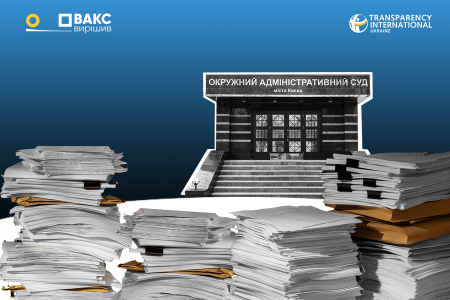The material was first published on the website of Transparency International Ukraine on November 3, 2022.
Back on July 17, 2020, the Anti-Corruption Bureau conducted searches at the District Administrative Court of Kyiv, and the Deputy Prosecutor General issued notices of suspicion to 12 individuals, including DACK Chairman Pavlo Vovk, his deputy Yevhenii Ablov, and five other judges.
According to investigators, the head of DACK Pavlo Vovk and his accomplices created a criminal organization to abuse their official powers. The case allegedly involved attempts to establish control over the High Qualification Commission of Judges of Ukraine (HQCJ) and the High Council of Justice (HCJ), create artificial obstacles to their work, and interfere in the activities of public officials. The indictment in this case was submitted to the Anti-Corruption Court on June 20, 2022, and the preparatory proceedings have been ongoing since then.
We decided to explore how challenges and recusals of judges are being handled in the “DACK tapes” case.
Overall, the process of determining the composition of the court in this case took nearly four months. In addition, most of the defendants in this case—including DACK Chairman Pavlo Vovk—have been absent from hearings without providing any known reasons. Until October 14, when the legal composition of the court was finally determined, the Anti-Corruption Court was unable to assess the validity of the defendant's absences or, for instance, apply measures such as compelled appearance. However, even with this possibility now in place, the likelihood that Vovk and the other defendants will begin attending hearings after more than two years of sabotage remains very low.
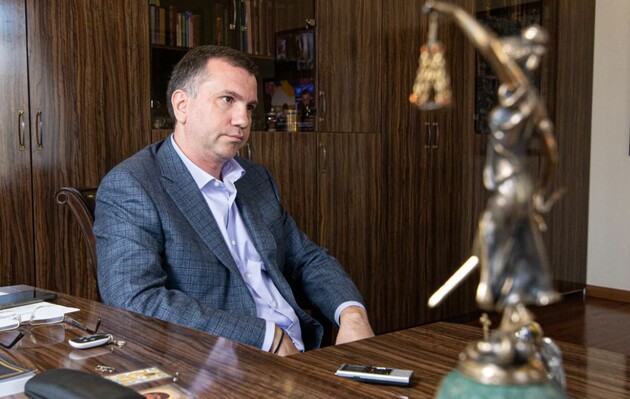
At the hearing on October 14, the court imposed the maximum monetary penalty allowed under the Criminal Procedure Code—UAH 5,200—on the defendant DACK judges: Pavlo Vovk, Bohdan Sanin, Yevhen Ablov, Valerii Keleberda, Oleksii Ohurtsov, Ihor Pohribnichenko, and Ihor Kachur. The same amount must also be paid by former HQCJ member Mykola Sirosh, while his former colleague Serhii Ostapets was fined UAH 2,600. The SAPO prosecutor also requested that the defendants be forcibly brought to the next hearing, but the court denied the request. It remains to be seen whether the court will apply this procedural measure in response to further non-appearances by Vovk and the other defendants.
An interesting aspect in the context of the DACK case is the provision of the Criminal Procedure Code that prohibits a judge from participating in the same criminal proceedings more than once. This means that any judge who has participated in a criminal case as an investigating judge is not permitted to take part in the same proceedings at the first-instance, appellate, or cassation stages.
Given the large number of defendants and the lengthy, multi-layered pre-trial investigation in the DACK tapes case, various HACC judges became involved at different stages of the proceedings. Recently, the court encountered a change in the composition of investigating judges, which resulted in some former investigating judges now serving as first-instance judges in the case. This became the basis for the self-recusal of Kateryna Shyroka, who had previously reviewed the detectives’ motion for temporary access to case materials and, as a result, cannot participate in considering the merits of the case.
Also, the entire panel of judges—Lesia Fedorak, Viktor Maslov, and Ihor Strohyi—recused themselves from the case. The judges cited a violation of the automated case distribution procedure as the reason for their recusal. Among other things, their panel was the only one from the First Chamber of Judges available for automated distribution at the time (as the other judges were on vacation), which, in their view, could raise concerns about impartiality.
The panel also believed that the case should have been automatically assigned to Volodymyr Voronko, a judge from the Second Chamber of Judges. However, he took a two-day vacation the day before the distribution procedure, which affected the outcome. In their decision, the judges noted that Judge Voronko’s short-term leave did not prevent him from being assigned the case upon his return. This is explained by the fact that he is a member of the Second Chamber of Judges of the HACC, to which the case should have been initially assigned. That position was supported by Supreme Court case law on similar matters.
However, in making this decision, the panel did not take into account that Judge Voronko had already been involved in this criminal proceeding during the pre-trial investigation stage (that information was not reflected in the case’s auto-distribution report). As a result, Judge Voronko recused himself for the same reason as Judge Shyroka.
Judge Havrylenko also recused herself. The reason was that her husband, Judge Kryklyvyi of the HACC, had previously issued decisions in this criminal proceeding during the pre-trial investigation stage. Due to these family ties, concerns about her impartiality could arise, and therefore the request for recusal was granted. This has become a recurring practice in such cases and is based on the position of the Council of Judges of Ukraine, which emphasizes the potential conflict of interest when a judge makes a decision in proceedings involving close family ties.
Conclusions
Therefore, the primary reason the judges have not yet begun the trial in the DACK tapes case can be attributed to complications with the automatic case distribution process. After all, this criminal proceeding is highly complex, and its case number was changed multiple times due to the consolidation and separation of materials during the pre-trial investigation. As a result, a large number of investigating judges were involved in reviewing procedural documents before the indictment was submitted to the court. Moreover, any potential doubts regarding the legality of the court’s composition needed to be addressed in advance to avoid technical grounds for overturning the verdict during appellate review.
Author: Oksana Shtohryn, Legal Advisor at Transparency International Ukraine.


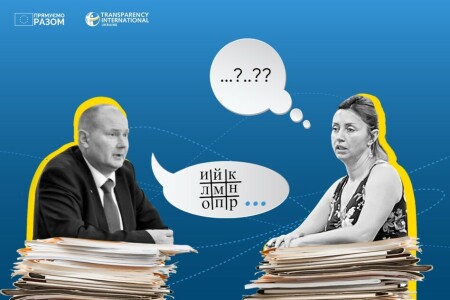
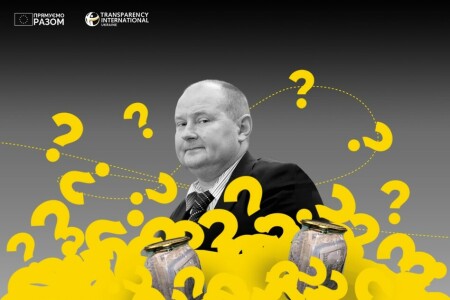
.png)
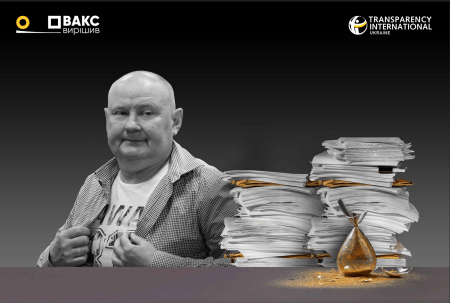

.png)

